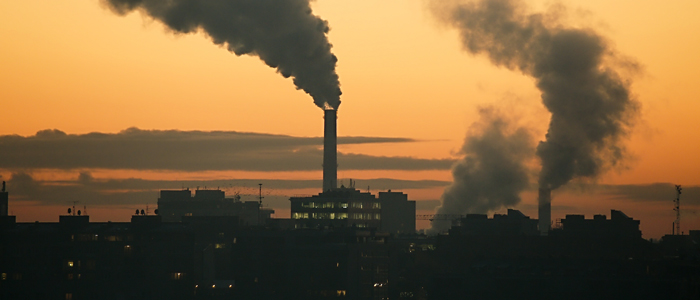COVID Hero - Climate Laggard?
While COVID19 has shown the critical role of health systems as a first responder in a global planetary crisis, we need to recognise the uncomfortable fact that health systems are a major contributor to a different crisis - the climate crisis.

We are “perilously close” to breaking the internationally agreed threshold of 1.5 degrees warming above pre-industrial era temperatures. This “code red for humanity”, from the Intergovernmental Panel on Climate Change (IPCC) 2021 report, highlights that we could breach this threshold within 4 years.
The global carbon footprint of health systems was estimated at 4.4% of total carbon emissions: if healthcare was a country, it would be the 5th largest polluter on the planet . Resilient, clean, and climate-smart health systems are needed now to support communities adapt to the climate chaotic world that we are increasingly living in. We know the science of how to clean our health systems, we simply have to get to work and do it.
Climate chaos hurts everyone, but global crises hurt those with the least (such as wealth, healthcare access) the most. Health equity is crucial as we work to clean and green our health systems for many reasons. Moral. Human Rights. Social Cohesion, and more.
Healthcare has been chosen as a science priority area at the UN Climate Change conference (COP26) in Glasgow this year, in recognition of NHS England as the world’s first national and public health system to commit to net zero carbon emissions.
The Nossal Institute is writing a series of thought pieces to coincide with COP26 to discuss developments in the area of health and climate change. We will be reflecting on our contribution and invite discussion from you on how health systems can enable genuine planetary health.